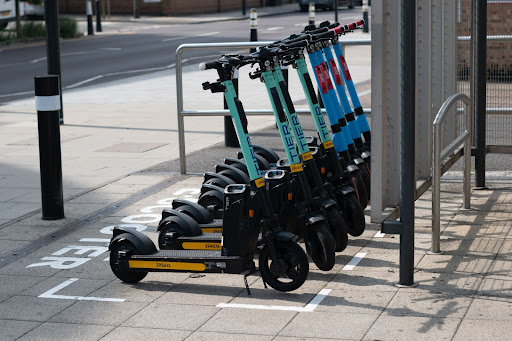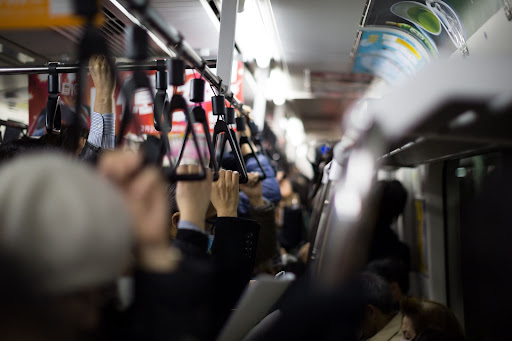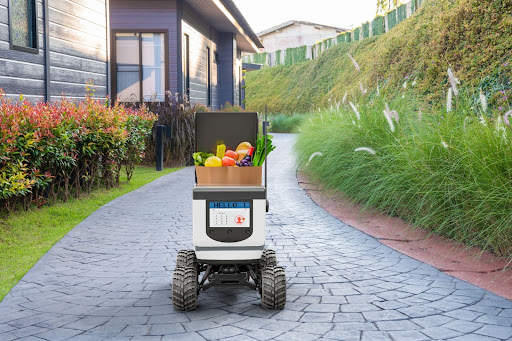Following Singapore, San Diego, Milan, and other major cities, Tel-Aviv has recently joined the club of cities imposing a toll for entering it with a private car. This decision by the Israeli government is yet to be implemented, but it indeed indicates a significant worldwide shift in transportation policies. The world’s population is growing at an exponential rate, and more and more vehicles swarm the cities, creating massive traffic bottlenecks and polluting our air. As the need for alternative transportation solutions grows, this is probably a good time to review some startups that target this issue.
I, Ofir Bar, a veteran investor with a special interest in innovators and young start-ups, see the future of transportation as a burning issue. It seems that governments all across the globe think so too, and not only because of the traffic problems: Awareness of the long-term implications of greenhouse gas emissions is spreading all across the globe. Moreover, as the EU decided to cut down European consumption of Russian gas, governments are keen to implement further policies to lower the use of fossil fuel. For these reasons, I decided to dive into the field of sustainable transportation solutions.

Photo by Shutterstock
Transportation startups to keep an eye on
Nowadays there are many startups that confront current transportation issues, and they do it quite differently from one another. Have a look at these bright ideas. I believe we’ll hear about these companies much more in the future.
- ARTI (Autonomous transport for delivery) is an Australian start-up that created an electric autonomous delivery vehicle. It’s designated to deliver groceries and parcels, and also help with waste disposal. Using it will save space and energy. Of course, its autonomous nature will save operational costs and negate the risk of delivery workers’ involvement in road accidents.
- Solar roadways, as the name suggests, is a company focused on creating roads that have solar panels in them. Beyond the obvious benefit of more clean and renewable energy, this technology has many more perks: With it, lands designated for ‘classic’ solar panels can be used for alternative needs; It’ll be able to charge electric vehicles driving on it; The stored heat in it will rapidly melt ice and snow if these accumulate on the road. France and The Netherlands are among the first countries to adopt this type of technology. More countries are expected to do so as well in the near future.

Photo by Shutterstock
- Although many of us wish to have an electric car, most of us live in multi-story buildings that have no EV (Electric Vehicle) charging stations. EVmatch came up with a solution to this problem. This start-up allows individuals to own EV charging points, helping their neighbors to easily charge their electric vehicles.
- A major portion of traffic jams is created by commuters traveling between their homes and workplaces in their private cars. This is happening mostly in cities with poor public transportation. An Australian start-up named Bridj confronts this issue by providing on-demand shuttle services. With their app, one can plan, book, and pay for a shuttle. Passengers can be picked up from various locations, according to their choice.
- Short-period car rental companies such as GoTo have brought a new spirit into the world of car rentals, making this service as easy, fast, and approachable as never seen before. This has convinced many of those who live in jammed cities to give up on purchasing a car. Many countries push toward shared transport by encouraging this kind of rental companies.

Photo by Shutterstock
One more for the encore
Let’s not forget the most direct manner to decrease traffic and air pollution - working from home. Since the outburst of the pandemic, businesses’ willingness to allow remote work has greatly increased, even though nowadays, in many countries, travel restrictions are long gone. Many workers and managers object to the idea of 100% remote work, and that makes sense. However, many do like the idea of combining both in-office and remote work according to what’s necessary at the moment.
The way I see it, there’s no escape from a major shift in the way we travel from place to place. The always-available fast internet, automation, and the digital age bring massive change to our reality, and improvement has to be implemented in order to maximize the potential this age brings us. For this reason, I believe investing in transportation start-ups is an idea worth considering.